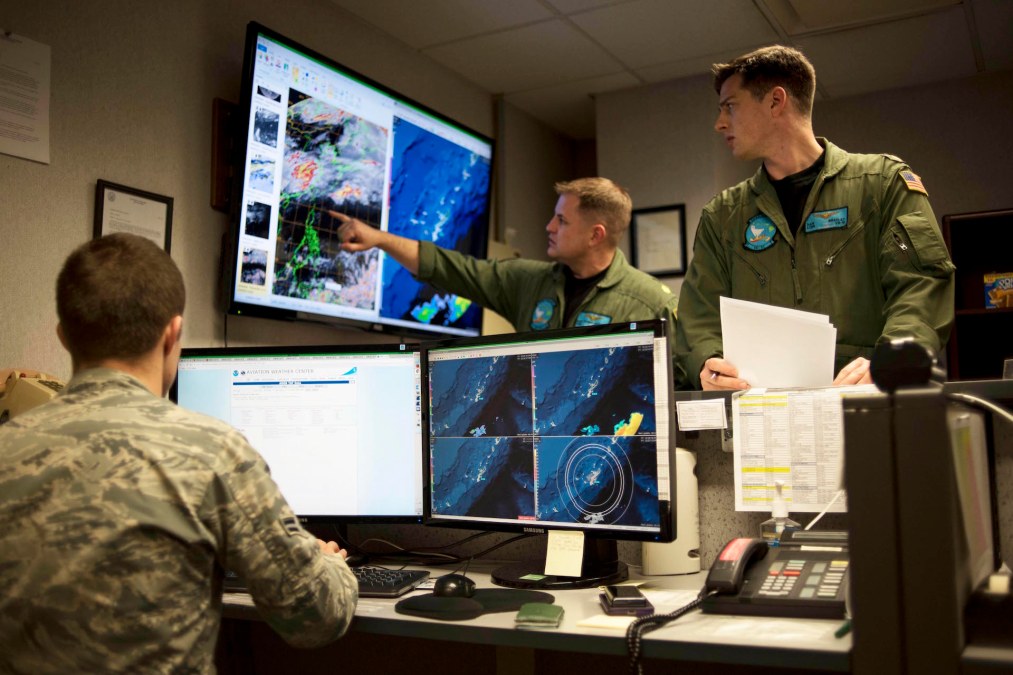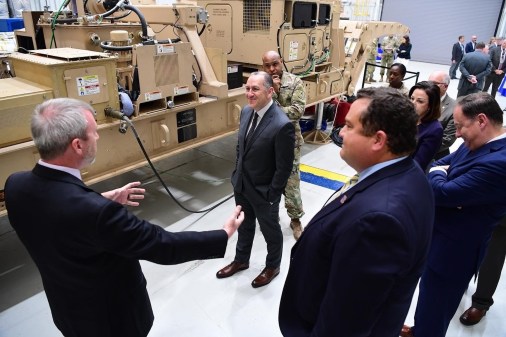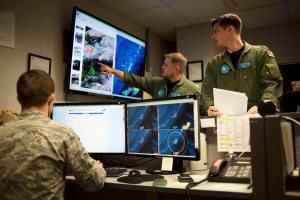Head of Project Maven to depart for JPMorgan Chase & Co.

The top officer overseeing the Department of Defense’s high-profile Project Maven has told colleagues of his anticipated departure for private industry.
Col. Drew Cukor plans to join financial services firm JPMorgan Chase & Co. after leaving the department Friday, he told colleagues.
Cukor served in the Marine Corps for more than 25 years in a number of roles, including in deployments to the Balkans, Iraq and Afghanistan, according to his official bio.
The DOD declined to comment on his impending departure. JPMorgan did not return a request for comment.
Project Maven, which develops computer vision algorithms to process drone footage, was one of the military’s first major pushes to use artificial intelligence in war and drew scrutiny from advocates who argue AI should not be an instrument of military operations. Some Google employees staged a protest over the company’s initial involvement with Project Maven, officially known as the Algorithmic Warfare Cross-Functional Team.
The initial protests were a wake-up call for senior DOD leaders that they needed to work more carefully to convince tech companies of the value in working with the military. Despite public outcry, many tech companies, including Google, continue to work with the DOD while sentiment among AI engineers is largely neutral or favorable to DOD contracts, research has found.
“I view what happened with Google and Maven as a little bit of a canary in a coal mine,” Lt. Gen. Jack Shanahan, who led Project Maven and later the Joint Artificial Intelligence Center, said in November 2019. “The fact that it happened when it did as opposed to on the verge of a conflict or a crisis where we’re asking for help, we’ve gotten some of that out of the way.”





